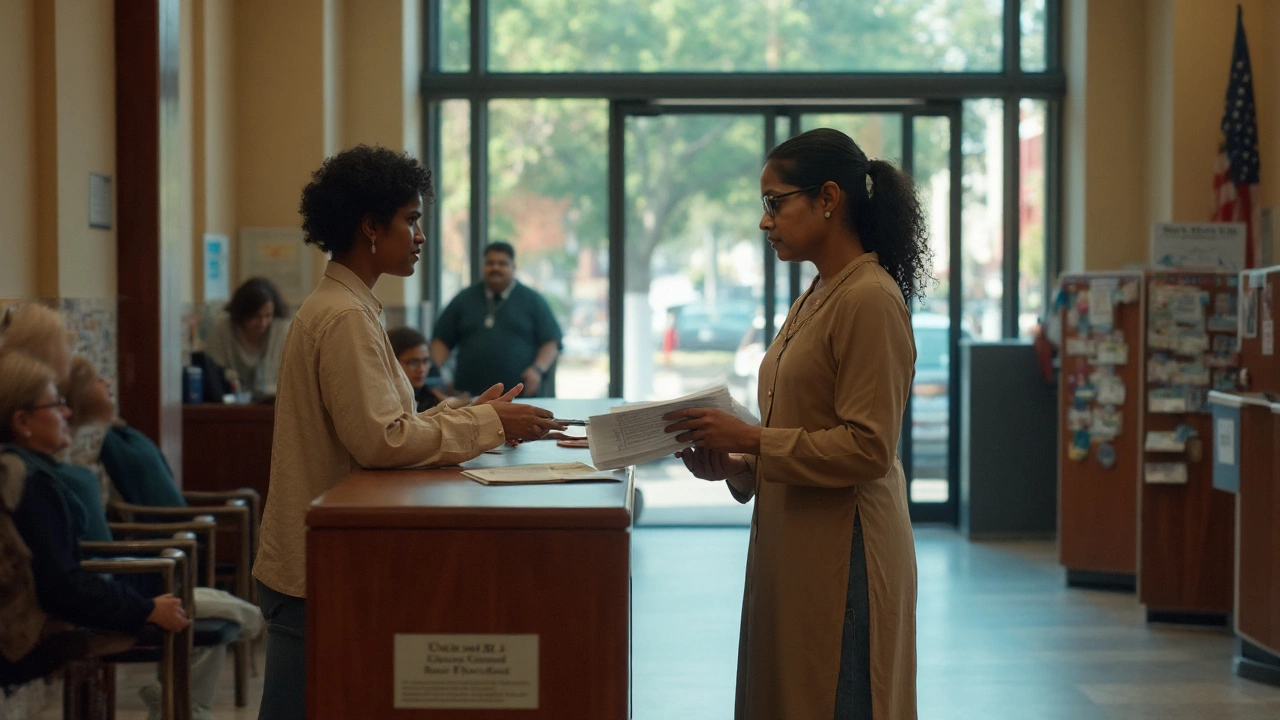Virginia Fee Waiver: Simple Steps to Get Free Legal Fees
If you’re staring at a legal or tax bill and wonder if you can skip the payment, you’re not alone. Virginia offers fee waivers for people who can’t afford court costs, filing fees, and some tax charges. The good news? The process isn’t rocket science. Follow these easy steps, check if you qualify, and you could be saving dozens or even hundreds of dollars.
Who Can Get a Fee Waiver?
Virginia’s fee waiver program is meant for low‑income residents. You qualify if your household income is at or below 125% of the federal poverty level, or if you receive government benefits like Medicaid, SNAP, or SSI. Even if you’re not on a benefit program, you can still apply by proving your income falls within the limit. The key is to show that paying the fee would cause a financial hardship.
Another group that often qualifies includes seniors on a fixed income, students with limited earnings, and veterans who receive certain assistance. The state looks at the whole financial picture – rent, utilities, medical bills – so gather all your recent statements before you start.
How to Apply in Virginia
Step 1: Get the right form. Most fee waivers use the “Virginia Poverty Affidavit” (Form 95‑45). You can download it from the Virginia Judicial System website or pick it up at the clerk’s office. Some local courts have their own version, so double‑check the specific court’s site.
Step 2: Fill it out truthfully. You’ll need to list every source of income, including part‑time jobs, unemployment benefits, and any “odd jobs.” Be exact – rounding up can raise flags and delay approval.
Step 3: Attach proof. This means recent pay stubs, benefit award letters, a copy of your most recent tax return, or a bank statement showing low balances. The more paperwork you provide, the smoother the review.
Step 4: Submit the packet. Hand it to the clerk where you’re filing your case, or mail it to the address on the form. Some courts accept electronic uploads, which can speed things up.
Step 5: Wait for a decision. Most courts review requests within 7‑10 business days. If approved, the waiver will be noted on your case file and you won’t owe the fee. If denied, you’ll get a written reason – you can correct the issue and reapply.
Tip: Ask the clerk for a copy of the completed waiver after it’s approved. Keep it safe; you might need it for future filings.
Besides the standard waiver, Virginia also offers specific waivers for certain types of cases, like family law or small claims. Check the court’s FAQ page for any extra forms that apply to your situation.
Finally, remember that fee waivers are not automatic. Being proactive, organized, and honest will make the process painless. If you hit a snag, most court clerks are willing to walk you through the missing pieces.
Bottom line: you don’t have to let a fee stop you from seeking justice. With a little paperwork and the right numbers, a Virginia fee waiver can lift the financial burden and let you focus on what matters – your case.

How to Get a Free Divorce in Virginia (2025 Step-by-Step Guide)
Yes, you can get a free divorce in Virginia if you qualify. Here’s the 2025 step-by-step: fee waiver, forms, filing, free service options, and where to get help.